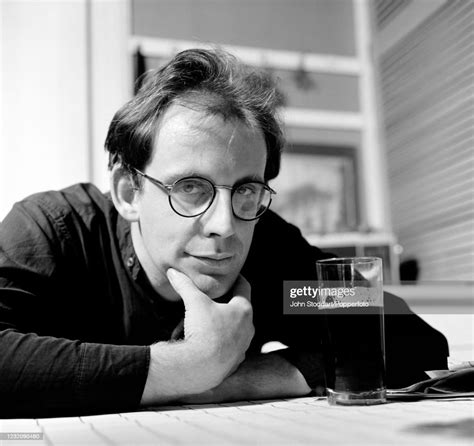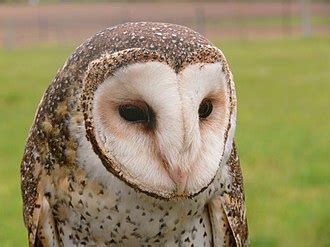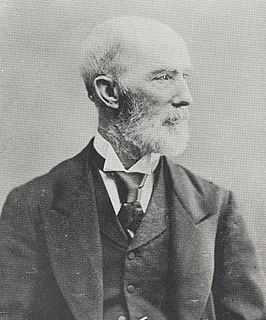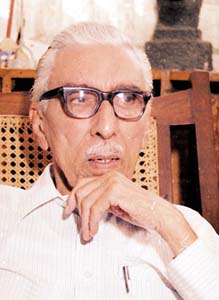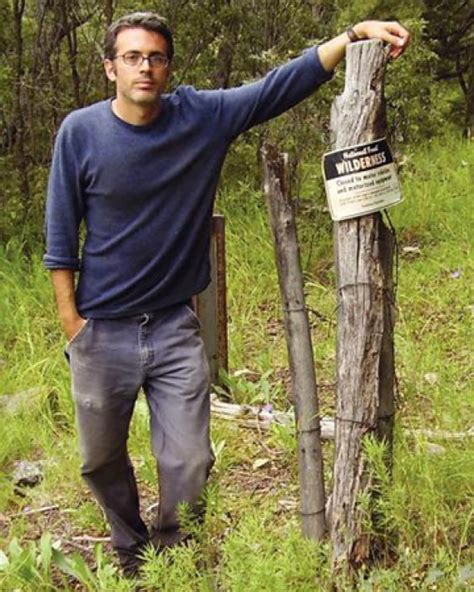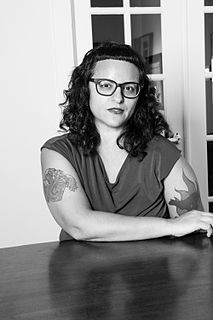A Quote by Clement Greenberg
Art criticism, I would say, is about the most ungrateful form of 'elevated' writing I know of. It may also be one of the most challenging.. if only because so few people have done it well enough to be remembered.. but I'm not sure the challenge is worth it.
Related Quotes
Normally, most writers don't say, 'I'm going into a mild hypnotic trance.' Typically, they don't know how they do it. Most people, when they have a good experience writing, they're well placed in that state, which is also sometimes called a 'flow state.' If you don't have trouble, you don't have to think about it.
For ten years, I wrote regular columns about science for women's magazines, and to my knowledge I'm the only person in the world who can say that. This has no kudos in either the science-writing world or the academic world, but it's one of the most challenging things I've ever done. It's much harder to write about cosmology for a magazine like Vogue than for the New York Times, which I've also written for, because you have to imagine that on the page opposite there'll be an advertisement for eyeliner, or an article about the latest trends in skirt length.
Most of the best writing, the most creative writing, the most interesting, the most out-of-the-box kind of stuff, is being done on cable, you know, and on the computer. I mean, whatever it is, Amazon or Netflix or something. Because they're just willing to take chances, you know, and there's a market for it.
Whatever they are, can Comics be "Art"? Of course they can. The "Art" in a piece is something independent of genre, form, or material. My feeling is that most paintings, most films, most music, most literature and, indeed, most comics fail as "Art." A masterpiece in any genre, form or material is equally "good." It's ridiculous to impose a hierarchy of value on art. The division between high and low art is one that cannot be defended because it has no correlation to aesthetic response.
If you start with the idea that you are going to be writing about a night in a graveyard, and that there are only a few living people in that frame, all sorts of interesting and difficult technical problems arise. And then form - new form, or experimental form - might be understood as just trying to tell that story most movingly and efficiently.
People who look at art don't really - don't go with the artist. They don't sort of accept what he or she has done and kind of go with it. There are always - either there's too much color or not enough color, either it's not conceptual enough or it's too conceptual. In other words, most criticism isn't what the viewer expected that it would do based on what they think you have done and that's good as far as I'm concerned.
Virgin, is how good you are with people. If you're - if you're good with people and you've got - you know, and you really care, genuinely care about people then I'm sure we could find a job for you at Virgin. I think, you know, that, you know, that the companies that look after their people are the companies that do really well. I'm sure we'd like a few other attributes, but that would be the most important one.
It is a pity to make a mystery out of what should most easily be understood. There is nothing occult about the thought that all things maybe made well or made ill. A work of art is a well-made thing - that is all. It may be a well-made statue of a well-made chair or a well-made book. Art is not a special sauce applied to ordinary cooking; it is the cooking itself that is good. Most simply and generally, Art may be thought of as "The Well Doing of What Needs Doing."
If the mystical lovers of the arts, who consider all criticism dissection and all dissection destruction of enjoyment, thought logically, an exclamation like "Goodness alive!" would be the best criticism of the most deserving work of art. There are critiques which say nothing but that, only they do so more extensively.
The most common criticism I get is that I'm being manipulated and you shouldn't use children in political ways, because that is abuse, and I can't think for myself and so on. And I think that is so annoying! I'm also allowed to have a say - why shouldn't I be able to form my own opinion and try to change people's minds?


